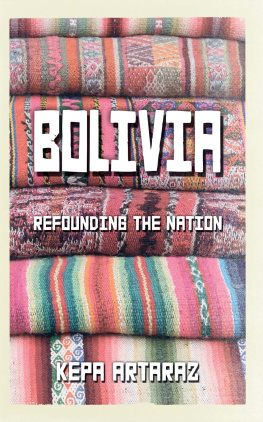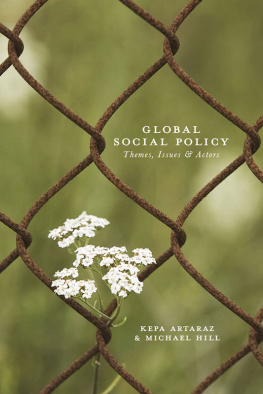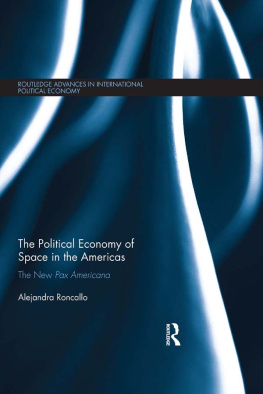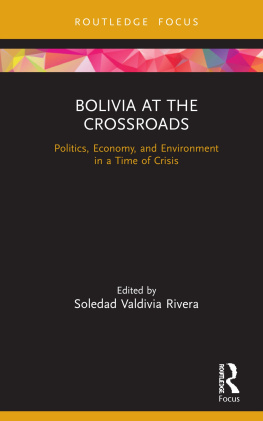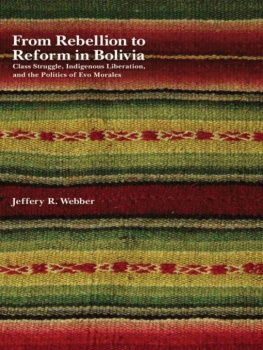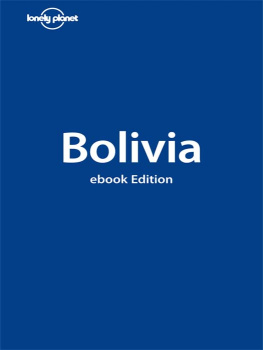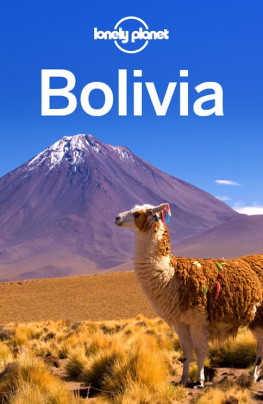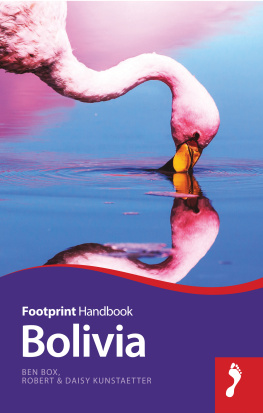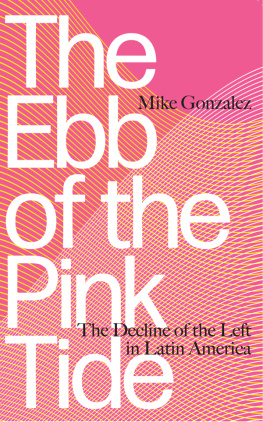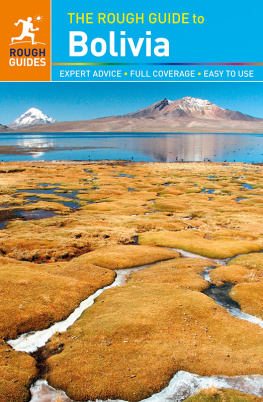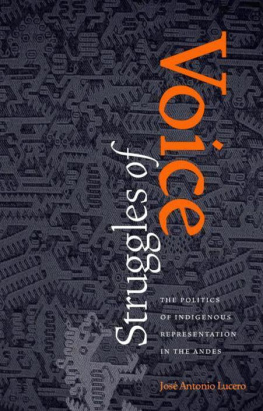First published 2012 by Pluto Press
345 Archway Road, London N6 5AA
www.plutobooks.com
Distributed in the United States of America exclusively by
Palgrave Macmillan, a division of St. Martin's Press LLC,
175 Fifth Avenue, New York, NY 10010
Copyright Kepa Artaraz 2012
The right of Kepa Artaraz to be identified as the author of this work has been asserted by him in accordance with the Copyright, Designs and Patents Act 1988.
British Library Cataloguing in Publication Data
A catalogue record for this book is available from the British Library
ISBN 978 0 7453 3090 7 Hardback
ISBN 978 0 7453 3089 1 Paperback
ISBN 978 1 84964 661 1 PDF
ISBN 978 1 84964 663 5 Kindle
ISBN 978 1 84964 662 8 ePub
Library of Congress Cataloging in Publication Data applied for
This book is printed on paper suitable for recycling and made from fully managed and sustained forest sources. Logging, pulping and manufacturing processes are expected to conform to the environmental standards of the country of origin.
10 9 8 7 6 5 4 3 2 1
Designed and produced for Pluto Press by Curran Publishing Services, Norwich Simultaneously printed digitally by CPI Croup (UK) Ltd., Croydon, CR0 4YY and Edwards Bros in the United States of America
ACKNOWLEDGEMENTS
This book would not have been possible without the help, conscious or not, of many people both in Bolivia and elsewhere. In Bolivia, many people are unaware as I was myself at the time of just how much our conversations influenced my understanding of the historic events I was fortunate enough to witness on more than one occasion. Their names are many and I will not list them all, but they include, in no particular order, James (el Jimmy) Blackburn and Cecilia (la Ceci) Crdova, Iigo Retolaza, Pablo Regalski and Maria Teresa Hosse. I am also most grateful to Ann Chaplin and Jos Pimentel, who fed both my body and my mind on a regular basis, as did Roxana Liendo and Hctor Crdova. All of them have privileged observation points for understanding Bolivias current process of change, and were generous enough to informally share their views with me on many occasions.
The Fundacin Xabier Alb (http://www.fxa.org.bo/) holds the largest social science library in Bolivia and fulfils a heroic role compiling and democratising access to research materials. I want to pay tribute to Lola Paredes and Marcelo in the library for the day-to-day struggle that goes into keeping alive the best source of Bolivian academic production. It was a privilege working with them, and I hope their efforts are soon repaid with the funds they need to keep this treasure illuminating our understanding of Bolivia.
This book aims to politically translate Bolivias social and political reality to a new, broader audience in the global north, in the hope that novel experiences in the global south can contribute to our questioning of key concepts like democracy, participation, well-being and development, as a small step towards achieving cognitive justice.
Many people were instrumental in my getting close to the Bolivian climate change platform, a microcosm of the blurred relations between civil society and government institutions. I would like to thank the many people from the Bolivian indigenous social movements, national non-governmental organisations (NGOs) like the Centro de Investigacin y Promocin del Campesinado (CIPCA), the Centro de Comunicacin y Desarrollo Andino (CENDA), Agua Sustentable and Fundacin Soln, and international NGOs Christian Aid, Cafod, Trocaire and Oxfam, for opening their doors to me and helping me glimpse at the pioneering work they are carrying out in Bolivia, warts and all.
Two of the 88 women elected as members of the constitutional assembly deserve special mention: Rosala del Villar (MAS, El Alto), and Ana Maria Ruiz (MNR, Beni). I thank them for their time and for the honest commitment to their country that they demonstrated in their own ways. My thanks go also to Nila Heredia, a medically trained health minister who recognises that health policy is far too important to be left solely in the hands of doctors. Raquel Romero from Colectivo Cabildeo, Soledad Domnguez, Patricia Costas, Patrick Vanier and Julio Pealoza Bretel were generous enough to give me copies of their own excellent documentaries on the constitutional assembly, which would otherwise have been difficult to access. Gaby Barriga and Marco were not only instrumental in gaining me access to the vice-minister of pensions and other key commentators, but remain close friends, as are Pablo and Yumy. I hope to see them all soon to put the world right over a caipicoca or two at Pablos bar Etno in Calle Jan.
Closer to home, the Bolivian Information Forum headed by Alex Tilley provided multiple analyses of Bolivias critical junctures, and opportunities for visiting the presidential palace and ministries as an interpreter, which initially fed my appetite for trying to understand this fascinating country. In a similar way, regular dinners with Pierre Nouvellet and with Mei Lpez-Trueba keep this hunger alive, especially through Meis understanding of the micropolitics in Potosi and of the (short) life of the miner. A number of anonymous reviewers provided insightful comments in the early and final stages of this project. I would like to thank them all for their insights and generosity. Any merits in this book are in no small measure down to them. The limitations are however entirely my own.
Finally I would like to thank my family in Antwerp, Puy LEvque, Bilbao, and those who in Bolivia have become family, like Naty, Cielito and Kwenty. My most sincere thank you has to go to my wife Karen, who years ago took me to visit those Bolivian places (and people in Viloco, Urubich, Puerto San Borja, Salvatierra and more) that were so formative in her youth and would shape her character and values. I hope I can repay her generosity of spirit by being able to understand and love her even more as a result.

